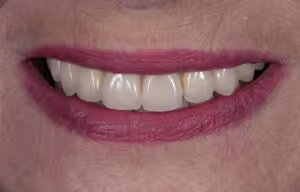
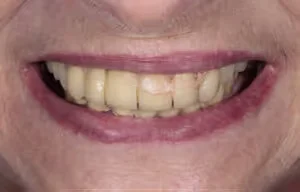
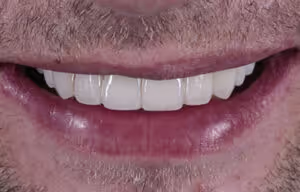
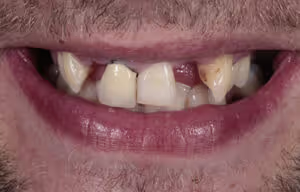
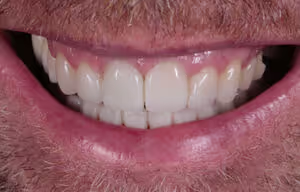
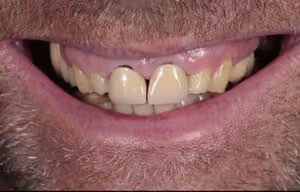
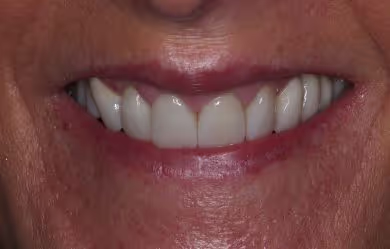
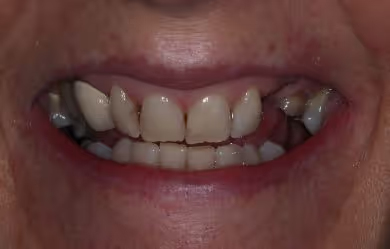
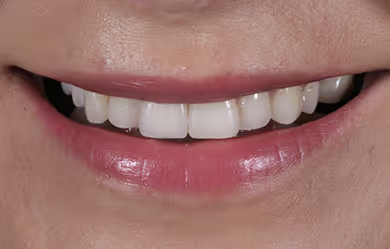
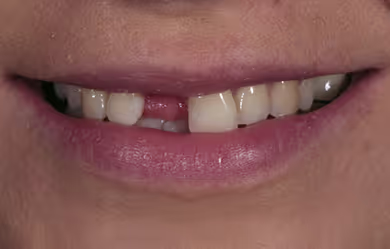
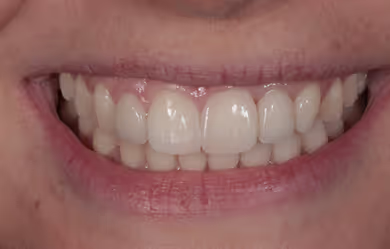
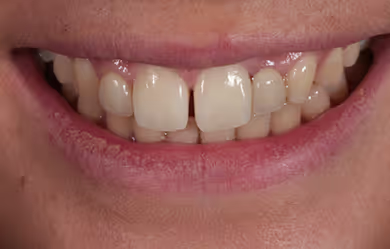
Book a Consultation to Access Our Exclusive Financing Options!
Book NowThere are various treatment options available in periodontics to help manage gum disease and maintain healthy gums, including deep cleanings (scaling and root planing), gum grafts, laser therapy, and periodontal surgery. To determine the most effective approach for your condition, it’s essential to consult with your periodontist, who can explain the benefits and limitations of each treatment. Periodontal care plays a vital role in preserving the foundation of your teeth and preventing tooth loss. While early-stage treatment can be non-invasive and relatively affordable, advanced periodontal procedures—such as regenerative surgeries or bone grafting—may be more complex and costly depending on the severity of the disease. [Click here to explore treatment options and pricing.]s
Non-surgical treatments, such as scaling and root planing, offer a more affordable option for managing gum disease; however, they may require ongoing maintenance and may not fully reverse advanced damage. A more advanced approach combines effectiveness with long-term results—procedures like laser therapy, guided tissue regeneration, and minimally invasive flap surgery are designed to restore gum health while reducing discomfort and downtime. These modern periodontal techniques not only improve outcomes but also help preserve natural teeth and reduce the need for more extensive interventions in the future.












Periodontic treatment typically begins with a thorough gum evaluation and deep cleaning (scaling and root planing) to remove plaque and tartar, followed by surgical procedures if necessary to restore gum health and prevent further damage. Regular maintenance visits help ensure long-term success.
Your periodontist will begin with a detailed examination of your teeth, gums, and overall oral health. This includes checking for signs of gum inflammation, bleeding, pocket depth, bone loss, and mobility of teeth. Digital X-rays and 3D scans may also be used to assess the extent of the gum disease.
Based on the findings, a diagnosis is made (e.g., gingivitis, mild/moderate/severe periodontitis). A personalized treatment plan is then created depending on the stage of gum disease and your specific needs.
For early to moderate gum disease, non-surgical treatments such as scaling and root planing (deep cleaning) are performed. This process removes plaque and tartar buildup from above and below the gumline and smooths root surfaces to promote healing.
After a few weeks, your gums are re-evaluated to check for signs of healing and reduced inflammation. If pockets have decreased and symptoms are improving, you may move into maintenance mode. If the disease persists, surgical options may be considered.
Flap Surgery: To access deep pockets and remove bacteria/tartar Gum Grafting: To restore receding gums Bone Grafting/Guided Tissue Regeneration: To rebuild lost bone and tissue Laser-Assisted Periodontal Therapy (LANAP): A minimally invasive method to treat infected tissue and promote regeneration
Once active treatment is complete, a strict maintenance routine is essential. You'll need periodontal maintenance cleanings every 3–4 months, along with daily brushing, flossing, and antibacterial rinses to prevent recurrence.
If you need full-mouth reconstruction or a complete arch replacement, implant-supported dentures like All-on-4 may be the ideal solution. Schedule a consultation with a dentist experienced in implant-supported procedures to explore your options. If you currently wear removable dentures, you may have experienced some bone loss that requires treatment before the procedure. Your dentist will conduct a comprehensive evaluation of your jawbone health to determine if implant-supported dentures are the right choice for you.
Book Now